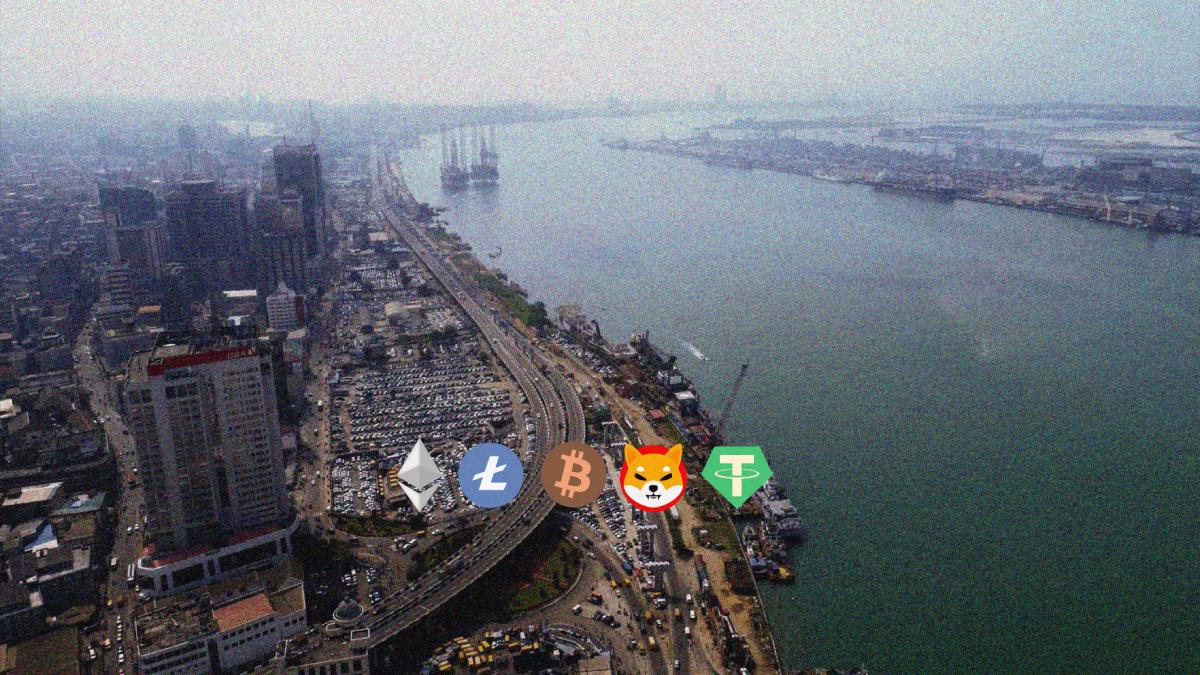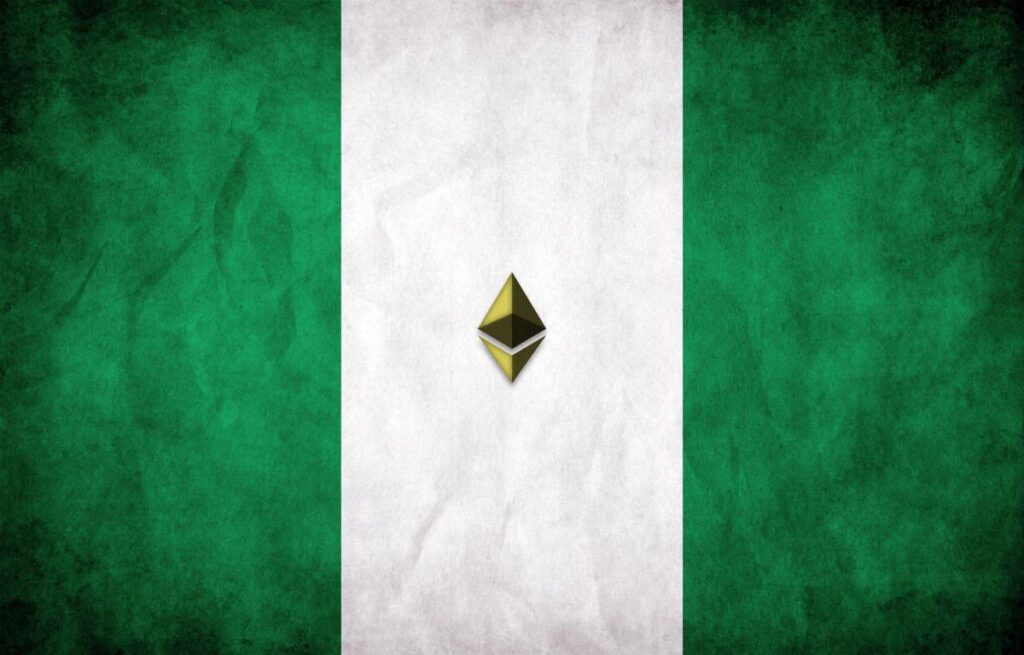
Last August, Kingsley Obiora, former vice president of Nigeria’s Central Bank, stated that Nigeria’s monetary policy wasn’t faring too poorly compared to countries like Argentina and Lebanon. He pointed to Argentina’s inflation rate of 115.6% over the past year and Lebanon’s staggering 269% inflation. In contrast, Nigeria’s inflation was 2.9% for July 2023, with an annual rate of 24%. While Obiora’s comparison was based on accurate data, the fact that other countries have higher inflation shouldn’t be seen as a comfort, especially when Nigeria’s stabilization program isn’t working well.
In recent months, Nigeria’s population, numbering no less than 206 million, has grappled with significant increases in fuel and food prices. Regrettably, over 85 million people live in extreme poverty, and the middle class is also facing considerable hardships. According to Transparency International’s 2023 Corruption Index, which assesses corruption across 180 countries, Nigeria ranks a dismal 145th. Essentially, it remains one of the most corrupt regions globally.
It is a widely recognized truth, but it is always worth emphasizing: corruption kills, and its victims are not just bureaucrats making decisions from their offices. They are ordinary people—those who rely on public transportation to get to work, entrepreneurs who rise early to open their businesses, retirees trying to make ends meet… Despite the hardships faced by Nigerians in recent years, a glimmer of hope has emerged amidst the storm: cryptocurrencies. According to Chainalysis’s latest Global Index, Nigeria ranks second globally in crypto adoption, surpassing countries like Vietnam, the United States, Ukraine, Brazil, and China.
Faced with high levels of inflation and widespread distrust in the local financial system, Nigerians have turned to cryptocurrencies to protect their savings. Additionally, the country has become a key destination for remittances in Africa, as cryptocurrencies offer an efficient alternative to traditional methods plagued by high costs and long delays. Recognizing the growing interest among citizens in this decentralized technology—Nigeria ranked second globally in Bitcoin searches on Google Trends in 2023—, authorities have implemented measures to restrict its use. Despite these efforts, users have increasingly gravitated towards the P2P cryptocurrency market.
Nigerian authorities have been actively working to restrict the crypto market, particularly targeting Binance, currently the world’s largest exchange. It all started in February 2024 when Binance announced restrictions on purchasing USDT with Nigeria’s local currency. This move triggered numerous issues, prompting authorities to block access to major crypto exchanges and blaming crypto traders for the naira’s depreciation against the US dollar. By early March, Binance had delisted all naira trading pairs.
“I’ve seen many things in my life. I’ve studied central banks’ activities and how fiat currencies behave, but I had never seen a government attribute its currency’s failure to others the way the Nigerian government is doing right now”.
–Nathaniel Luz, Flincap CEO.
Following this, the Nigerian government issued an arrest warrant for two key Binance executives, Nadeem Anjarwalla and Tigran Gambaryan. Anjarwalla managed to escape in late March using a Kenyan passport, while Gambaryan remains detained in Kuje Prison. US lawmakers have urged President Joe Biden to take action for Gambaryan’s release.
There’s no going back… the population has embraced crypto assets.
In March 2023, CoinDance data revealed that Paxful exchange transactions surged to 6.9 billion naira in late February, equivalent to about $14 million… Moving forward to September, statistics showed that Nigerians were receiving $5 billion per month in remittances.
>>It’s also noteworthy that Nigeria has around 38 million unbanked individuals, and residents often face a shortage of physical currency.
“It’s important to remember that cash is not only essential for privacy, but it remains a critical financial bridge and a lifeline for the unbanked”.
–Abubakar Nur Khalil, CEO at Recursive Capital.

Additional insights into Nigeria’s digital economy/crypto sector:
- By late 2023, a Web3 perception survey involving participants from 15 nations unveiled intriguing findings. Conducted by Consensys and YouGov, the study showed that 99% of Nigerians and 98% of South Africans were more knowledgeable about Web3 than their counterparts in the United States, Japan, and Germany.
- In March 2024, it was reported that the Nigerian Securities and Exchange Commission proposed a significant 400% increase in registration fees for crypto companies.
“It seems the government is determined to trample on its citizens with every step they take… I’ve never seen a group of people so committed to hindering progress. In the end, the people of Nigeria will always find a way to move forward and survive”.
–F. K Abudu, podcast “I Said What I Said” host.
Subscribe to our Newsletter for all Purse.io updates! We release new educational content on blockchain and cryptocurrencies weekly // Follow us on social media for news about Hamza.biz, the first Web3 Marketplace powered by the Loadpipe protocol and the LOAD token. Our solution aims to elevate e-commerce with low gas fees and trading freedom. Click here to explore our roadmap for Hamza.
- Abubakar Nur Khalil (1)
- argentina (11)
- binance (14)
- bitcoin (62)
- Blockchain (92)
- Central Bank of Nigeria (1)
- chainalysis (8)
- Coin Dance (1)
- consensys (2)
- corruption (3)
- Corruption Index (1)
- crypto adoption (25)
- crypto exchanges (3)
- crypto sector (1)
- cryptocurrencies (80)
- digital economy (10)
- Flincap (1)
- Google Trends (1)
- Hamza.biz (65)
- inflation (10)
- Kingsley Obiora (1)
- Lebanon (1)
- LOAD token (30)
- loadpipe protocol (26)
- naira (1)
- Nathaniel Luz (1)
- nigeria (4)
- P2P market (1)
- Paxful (1)
- purse.io (27)
- social media (9)
- United States (5)
- usdt (14)
- web3 marketplace (12)
- Web3 perception (1)
- YouGov (1)